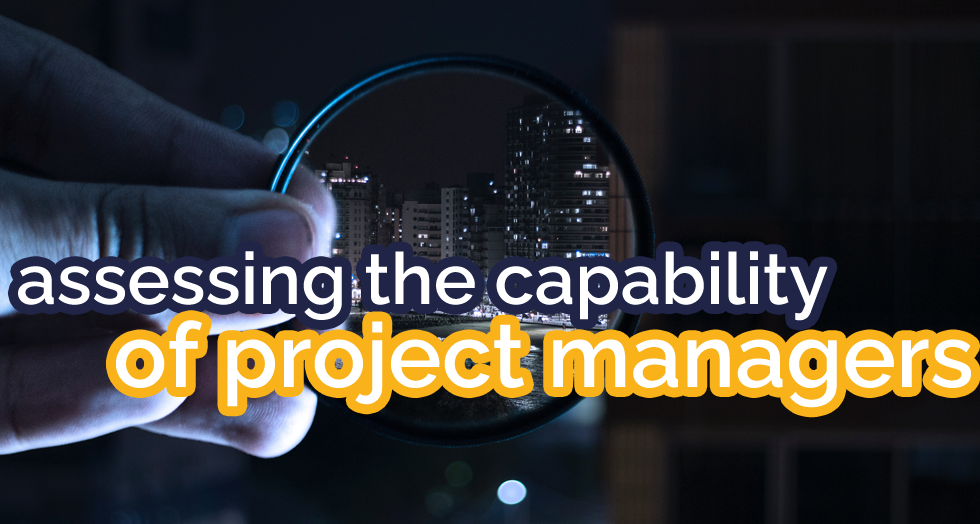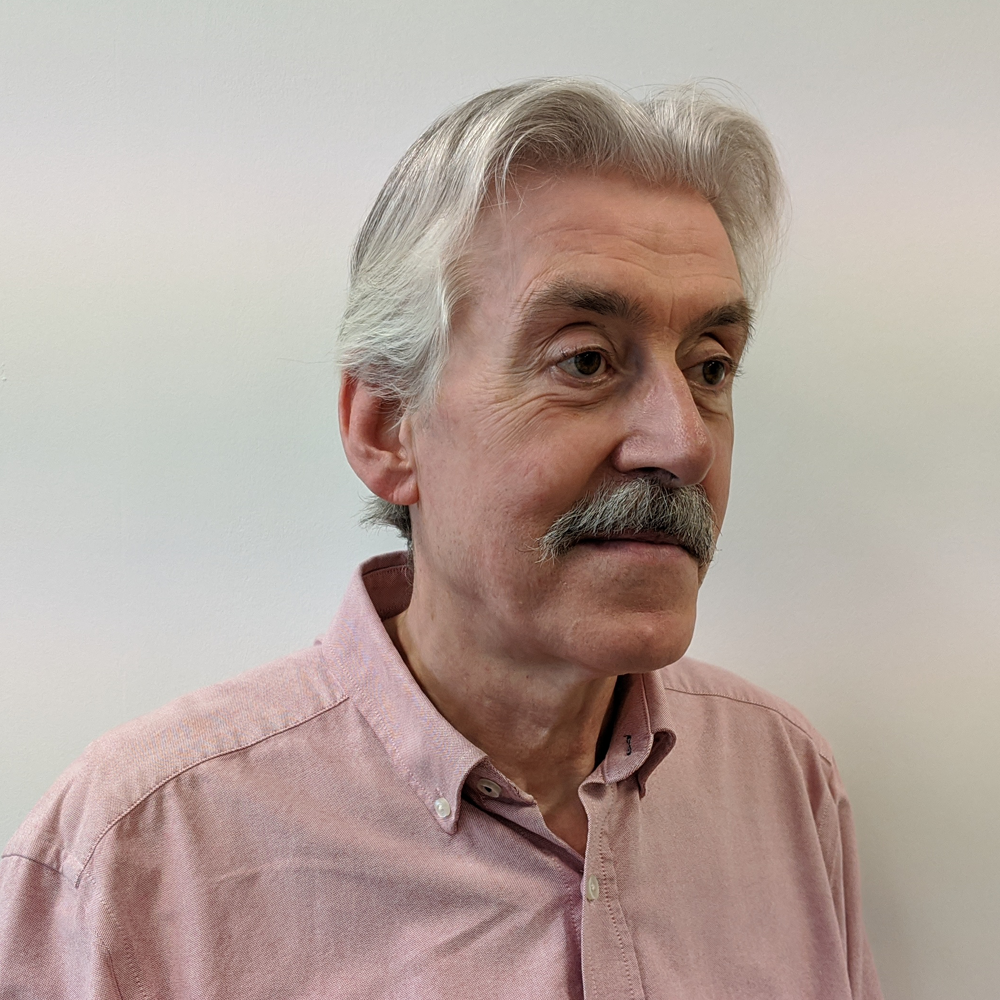Four things to consider when assessing the capability of project managers
 Do you know how good your project managers are? When assessing the capability of project managers would you know who to call on if a high-profile, mustn’t fail project came along? Someone you could rely on to deliver safely? It’s not easy to know who the strong project managers are unless, perhaps, if you’re a really good project manager yourself, in which case you could observe the project manager in question to see if they do things the way you would (or even better!).
Do you know how good your project managers are? When assessing the capability of project managers would you know who to call on if a high-profile, mustn’t fail project came along? Someone you could rely on to deliver safely? It’s not easy to know who the strong project managers are unless, perhaps, if you’re a really good project manager yourself, in which case you could observe the project manager in question to see if they do things the way you would (or even better!).
If that is not the case, what should you look for in a project manager that should give cause for confidence, or cause for alarm?
Firstly, when assessing the capability of project managers our project manager needs to be able to speak the language. And not just have learnt the vocabulary, they need to be fluent – they should know about the management structures that might be set in place to execute a project, they should be familiar with the project life cycle used in your organisation, and they should be familiar with project management methods and techniques.
Secondly, are they experienced? Research shows that as far as project management is concerned, practice does indeed make perfect, with as wide a range of experience as is possible.
Thirdly, the experience that our project manager has had will have allowed them to practice the use of methods and techniques in a variety of situations – to have developed skill – in both the selection of the right tool for the job and then effective use of that tool. Unfortunately, testing for this needs an acknowledged expert to judge whether the most appropriate tool is being used and how well.
Finally, what is the principal focus of the project manager? Our observation when assessing the capability of project managers has identified a continuum that has a number of distinctive points along its length. At the beginning of their careers, novice project managers typically focus on the challenges of producing the principal project product (they are often assigned to projects that effectively have only one product). As the project manager develops, and they become adept in the use of project management methods and techniques (planning, estimating, risk management, etc.) their focus shifts from products to the effective use of the methods and techniques they have mastered. For very experienced and able project managers, a further focus shift may take place; from project management methods (which can be used at will) to business need – focusing on the question “What does the business need this project to do?”
As can be seen, there are elements of the four indicators described above that can identified by those skilled in observation but lacking project management capability themselves, while other components do require project management know-how. There are a few special circumstances that may provide more options in selecting project managers, or at least providing them with support in a key area.
If the project has one major product, technical proficiency in that product may be a reasonable substitute for project management capability. The ‘project manager’ knows enough about the product to be able to extend / modify / update it without exposing the business to too much risk.
Stakeholder count and diversity is a driver for communication skills, particularly where the project has significant visibility outside the organisation. If this is so, the project manager needs to be a good communicator, or be provided with a specialist communications team to take care of this vital aspect of the project.

Hilary Small, Principal Consultant
Hilary uses his considerable expertise to support our clients in translating their strategies into achievable actions, including optimising their change portfolios and structuring projects and programmes. His first exposure to project management came from significant regulatory change in the insurance industry, while his programme management experience was initially related to major acquisitions. Hilary can be contacted via email at HSmall@citi.co.uk


